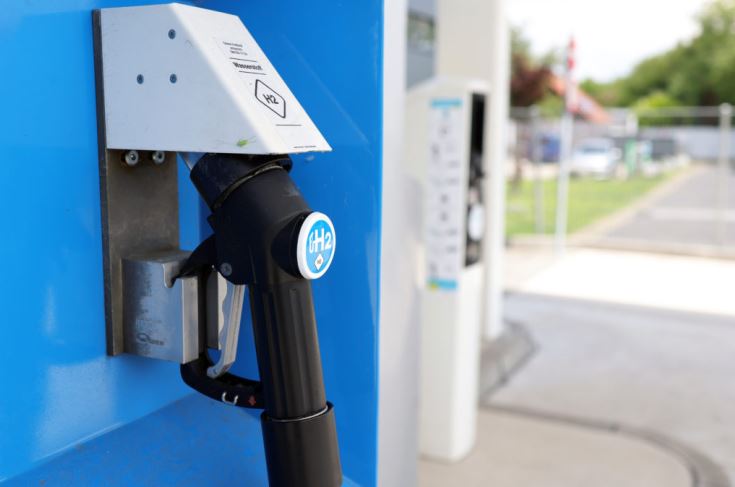U-turn: Why Car Manufacturers Should Rely on Hydrogen After all
For companies to do without this would mean becoming dependent on other countries again, as the solar industry once did. That must not happen.
khodrocar - Hydrogen will not be the drive technology of the future. This is considered a foregone conclusion in the automotive industry. Nevertheless, some manufacturers are rethinking.
The automotive industry has decided that the future belongs to e-mobility. Or maybe not? The designated VW boss Oliver Blume is a strong advocate of so-called e-fuels, i.e. synthetic fuels.
There are also some people on the board of the Bavarian car manufacturer BMW who do not yet want to write off the combustion engine. For them, however, the air gradually becomes thin. Because the arguments against e-fuels are diverse and serious.
To name just three of them: Synthetic fuel is expensive. It is also difficult to produce in an environmentally friendly way. In addition, e-fuels are very inefficient. Their energy balance is still far below the already poor carbon footprint of fossil fuels such as oil or natural gas.
This should not obscure the fact that synthetic fuels will still have a correction of existence in the future. For aircraft or trucks, for example, there are only a few alternatives so far. E-fuels could close an important gap in the long term.
Most car manufacturers are now also aware that e-fuels are an interesting but hopeless technology for mass mobility. However, there is still the basis on which e-fuels are produced: hydrogen.

Rethinking at BMW
Actually, the German car industry had already rejected the fuel cell drive some time ago. The fired VW boss Herbert Diess calculated that a hydrogen-powered vehicle would require three times more electricity than an electric car.
Instead of simply charging the electricity directly from the source into the car, the hydrogen must first be produced at great expense, which of course consumes additional electricity. To make matters worse, the efficiency of a fuel cell is only slightly higher than that of a combustion engine.
Nevertheless, there is a rethinking in the industry. BMW is now considering possibly relying on hydrogen in the future. On the one hand via a hybrid drive with a large storage battery, which can also be charged by cable, on the other hand as a stand-alone drive.
However, the turnaround at Bayern does not come by itself. Apparently, the narrow e-car range of the Munich-based company is not sufficient to comply with fleet consumption within the framework of future EU limits.
BMW is not alone in its considerations. Toyota and Hyundai are two manufacturers that have taken the lead worldwide in terms of fuel cells. The sudden interest of some manufacturers in hydrogen also stems from the fear of possibly missing out on a future technology. Nor would it be the first time that this would happen to the German auto industry.
Wide range of applications
In principle, fuel cells are also interesting for other areas of application in addition to their use in trucks. These include zeppelins, but also aircraft. Fuel cells are also used in residential buildings. The Berlin-based startup Home Power Solutions specializes in making homes self-sufficient from the power grid by means of solar systems that are coupled to a fuel cell.
Fuel cells will also be needed in industry in the future. The EU is planning a "green corridor” for Europe. This means that hydrogen is to be produced in Algeria and Morocco and transported via gas pipelines to the continent to Norway.
Above all, industry should be able to cover its energy needs with hydrogen. This, in turn, requires powerful fuel cells.
What does this mean for the industry and politics? Hydrogen should be at the top of the Federal Government’s agenda. At the same time, manufacturers should not completely write off the technology. Even though there will be no mass mobility with hydrogen in the near future, the further development of the technology is immensely important.
For companies to do without this would mean becoming dependent on other countries again, as the solar industry once did. That must not happen.
Don Dahlmann has been a journalist for over 25 years and has been active in the automotive industry for over ten years. Every Monday you can read his column "Torque”, which takes a critical look at the mobility industry.
Latest News


